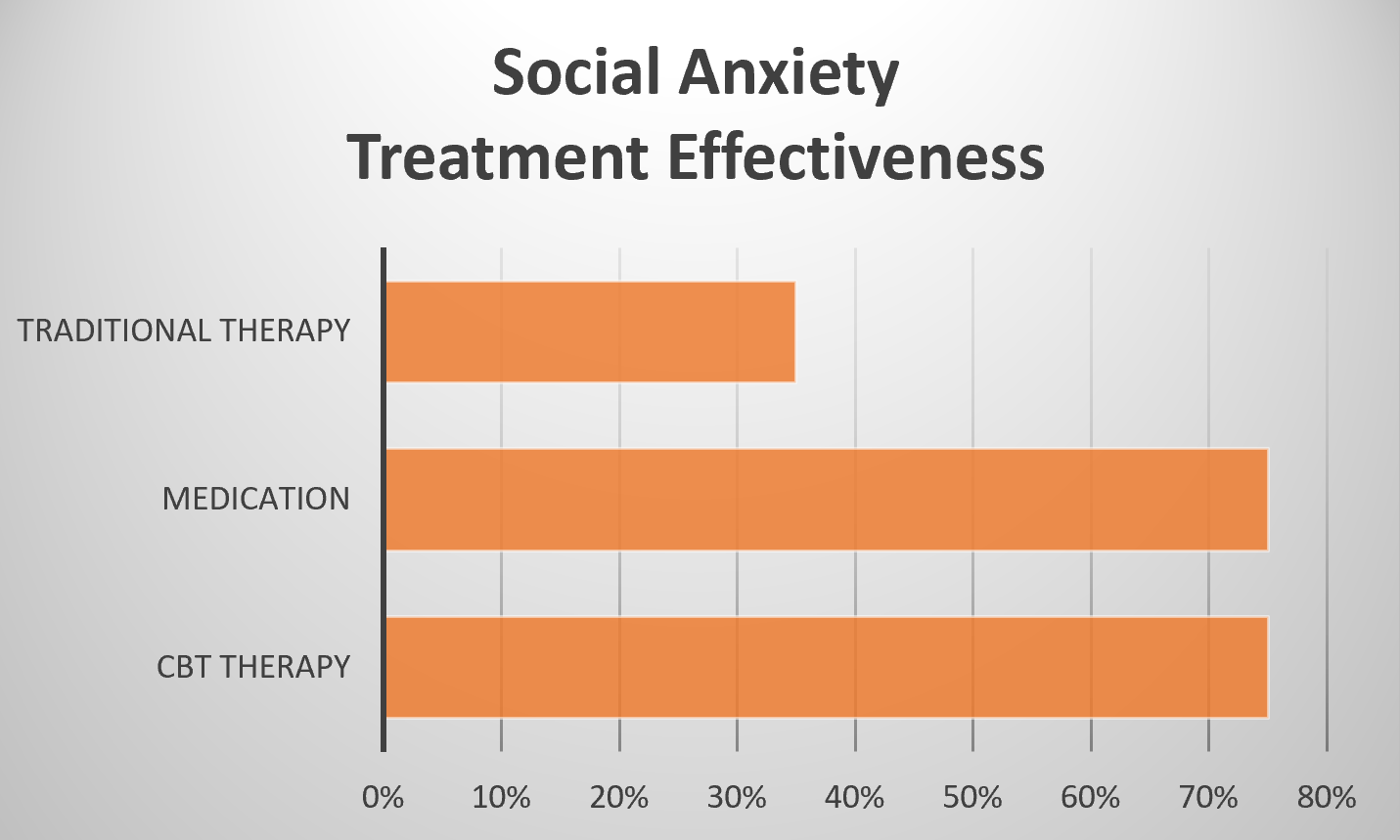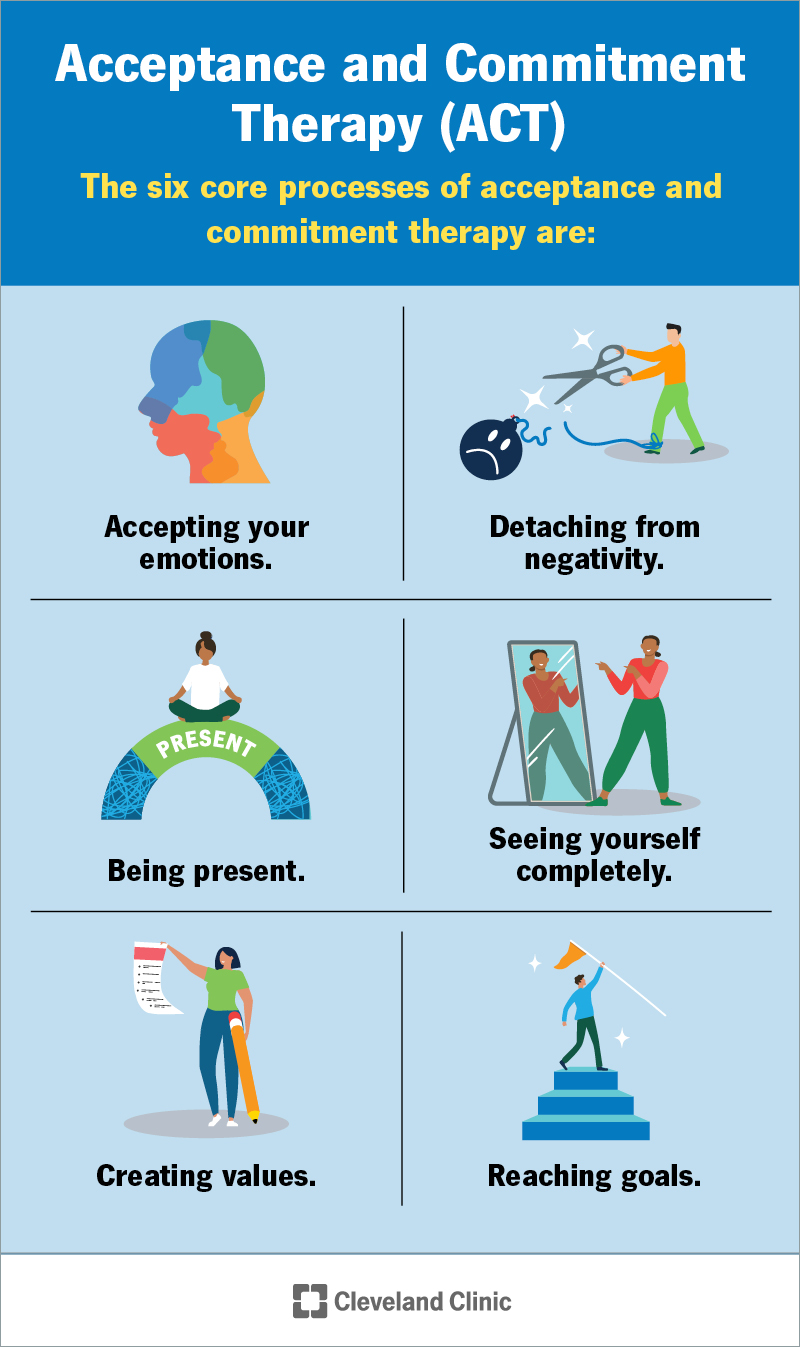Explore research-backed techniques through counselling for anxiety disorder programs
Explore research-backed techniques through counselling for anxiety disorder programs
Blog Article
Exploring Different Methods in Therapy for Stress And Anxiety Problem for Long-term Adjustment
When taking on anxiousness problems, it's necessary to discover a selection of counseling approaches. Each method provides special understandings and devices to help you manage your symptoms efficiently. You might find that combining techniques can yield the most effective outcomes. Understanding the subtleties of these strategies is crucial to cultivating long lasting change. What happens if the ideal combination could release a brand-new level of psychological wellness for you?
Recognizing Anxiety Disorders: A Quick Introduction
Anxiety disorders, which influence numerous people worldwide, can significantly impact every day life. You may experience overwhelming sensations of concern or worry that seem uncontrollable. These sensations can result in physical symptoms like a racing heart, sweating, or perhaps lightheadedness. Common kinds of anxiety conditions include generalized stress and anxiety disorder, panic attack, and social stress and anxiety disorder. Each has special signs, yet they all share a tendency to interrupt your routine and relationships.Understanding the origin causes of your stress and anxiety is vital. It could originate from genetics, mind chemistry, or life experiences. Identifying your triggers can help you manage your feedbacks better. It is very important to bear in mind that you're not the only one in this struggle. Lots of people deal with comparable difficulties, and seeking assistance is a solid action toward feeling much better. By discovering stress and anxiety disorders, you're currently on the course to understanding and managing your condition more successfully.
Cognitive-Behavioral Treatment: Challenging Negative Thought Patterns
In Cognitive-Behavioral Therapy, you'll start by identifying the adverse idea triggers that add to your anxiousness. You'll work on replacing them with more positive choices once you acknowledge these ideas. Together, you'll build effective coping strategies to assist manage your anxiousness in daily scenarios.
Recognizing Unfavorable Idea Triggers

Acknowledging the details triggers behind your negative ideas can be crucial in taking care of anxiety when you encounter minutes of distress. Beginning by paying focus to scenarios that prompt feelings of worry or concern. Is it a jampacked space, a forthcoming due date, or a conversation with certain individuals? Take down these instances in a journal. This will assist you determine patterns in your thinking. Notice physical experiences that accompany your negative ideas, like a racing heart or tightness in your breast. By pinpointing these triggers, you gain understanding into what's fueling your anxiousness. Recognizing these connections is the initial step in testing those thoughts and eventually reclaiming control over your emotional responses.
Replacing Thoughts With Positives
Testing negative thought patterns is an essential step in changing your attitude and decreasing stress and anxiety. You may commonly discover on your own entraped in cycles of self-doubt or catastrophic reasoning. Instead of letting these ideas determine your feelings, technique replacing them with reasonable choices or positive affirmations. When you think, "I can't handle this," move it to, "I can manage difficulties one action at a time." This simple modification can significantly influence your mood. Frequently recognizing and countering these adverse thoughts aids create a much healthier internal dialogue. Bear in mind, it takes some time and effort, but continually practicing this technique can cause long-term change, empowering you to face anxiety with renewed confidence and durability.
Building Coping Approaches Together
Changing adverse ideas is only the beginning of managing anxiety effectively. To develop long-term modification, you need to construct coping approaches that encourage you. Cognitive-Behavioral Treatment (CBT) assists you identify and test those purposeless thought patterns. Together, you and your therapist can check out how these thoughts influence your sensations and behaviors.Start by developing practical techniques, like journaling or mindfulness exercises, that enable you to confront anxiety head-on. When you face your worries slowly, you'll discover to respond in different ways.

Mindfulness and Acceptance-Based Approaches: Growing Present-Moment Understanding
As you navigate the intricacies of anxiousness, incorporating mindfulness and acceptance-based approaches can considerably improve your ability to grow present-moment recognition. By focusing on the here and now, you'll locate that you can observe your thoughts and feelings without judgment (Counseling services for anxiety). This technique assists you recognize your anxiety without feeling bewildered by it.Engaging in mindfulness exercises, such as deep breathing, body scans, or led meditations, allows you to ground yourself in your existing experience. Acceptance-based strategies motivate you to welcome your feelings rather than combat versus them. They lose their power over you.Incorporating these techniques right into your daily routine can change just how you react to anxiety when you accept your sensations. You'll create durability and find out to navigate difficult scenarios with greater simplicity. Inevitably, cultivating present-moment recognition lays the foundation for enduring change, equipping you to lead a more satisfying life
Direct Exposure Therapy: Confronting Anxieties Gradually
Direct exposure treatment assists you challenge your concerns in a gradual method, making it much less overwhelming. You'll learn techniques to encounter anxiety-provoking situations detailed, while likewise developing coping approaches to handle your responses. This technique encourages you to take control and minimize stress and anxiety in time.
Progressive Exposure Techniques

When facing anxiousness, progressively facing your fears can be an effective method to restore control. This technique, referred to as steady exposure, involves gradually subjecting on your own to the circumstances or things that trigger your anxiety. Start with less intimidating situations and gradually function your way approximately even more difficult ones. For example, if you're terrified of public talking, you may begin by talking before a mirror, after that progress to sharing ideas with a pal, and ultimately resolve a little group. Each step assists desensitize you to the worry, developing your self-confidence gradually. Remember, it's necessary to rate yourself and celebrate little triumphes as you relocate through this process, strengthening your capability to manage stress and anxiety effectively.
Structure Coping Approaches
Building efficient coping techniques is necessary for managing anxiousness, especially as you challenge your fears gradually - Counseling services for anxiety. One powerful method is exposure therapy, where you start by facing your worries in a controlled manner. Begin with less intimidating situations and slowly work your way as much as even more difficult situations. This progressive exposure assists desensitize you to stress and anxiety sets off, making them less overwhelming.Incorporate read more relaxation techniques, such as deep breathing or mindfulness, to calm your mind during direct exposure. Track your progress, commemorating tiny triumphes along the way to increase your confidence. Keep in mind, it's fine to take your time; the objective isn't excellence yet steady enhancement. By constructing these strategies, you'll encourage on your own to navigate stress and anxiety and embrace life extra fully
Psychodynamic Treatment: Discovering Origin of Stress And Anxiety
Psychodynamic therapy explores the subconscious mind, exposing the source of your anxiousness. By examining your thoughts, sensations, and past experiences, this method aids you discover underlying conflicts and unsettled issues that might add to your existing anxiousness. You'll work with a specialist to check out childhood experiences, relationships, and psychological patterns that form your actions today.As you acquire understanding into these much deeper layers of your mind, you'll begin to acknowledge just how past occasions influence your existing habits. This understanding can bring about catharsis, enabling you to process emotions you could have suppressed.Through the restorative relationship, you can likewise recognize defense devices that may have created in time, offering a clearer course to alter. Ultimately, psychodynamic therapy equips you with the tools to address your anxiousness at its core, advertising long lasting makeover in your psychological health.
Integrative and Holistic Techniques: Integrating Techniques for Greater Effectiveness
Integrating numerous restorative techniques can boost your journey toward handling anxiety a lot more efficiently. By incorporating elements from cognitive-behavioral treatment, mindfulness practices, and alternative techniques, you can produce a customized strategy that resolves your unique needs. As an example, you could make use of cognitive-behavioral techniques to challenge adverse thought patterns while incorporating mindfulness workouts to ground on your own in today moment.Additionally, discovering alternative practices such as yoga exercise or reflection can promote relaxation and reduce stress and anxiety signs. This mix permits you to create higher self-awareness and resilience.Experimenting with these varied techniques can assist you find what resonates most with you. Remember, it has to do with finding a synergy that functions, as opposed to adhering to a single method. This integrative technique not only supplies immediate relief but additionally cultivates long-lasting abilities for taking care of anxiousness, encouraging you to redeem control over your life.
The Duty of Assistance Solutions: Building Resilience With Link
While it may seem that handling anxiety is a singular trip, having a solid assistance system can play a crucial role in your resilience. Surrounding on your own with empathetic good friends, household, or assistance groups creates a safe room where you can honestly share your feelings and experiences. When you connect with others, you remind yourself that you're not alone in this struggle.These relationships use inspiration and can supply useful coping approaches that have functioned for others. It's also a possibility to gain point of view; buddies can assist you see situations in a different way, reducing sensations of isolation.Moreover, psychological support cultivates a sense of belonging, which can substantially minimize anxiety signs and symptoms. By leaning on your support system, you can construct resilience and take on difficulties better. Bear in mind, connecting for assistance suggests strength, and it can make all the distinction in your journey toward managing anxiety.
Often Asked Inquiries
What Are the Common Signs of Anxiousness Disorders?
You may experience restlessness, tiredness, trouble concentrating, irritability, muscular tissue tension, and rest disruptions. Physical symptoms can include quick heartbeat, sweating, and trembling. Identifying these indications early can help you look for appropriate assistance and treatment.
Just How Long Does Treatment Usually Last for Anxiety Conditions?
Therapy for anxiety disorders generally lasts anywhere from a few weeks to several months. It really depends on your specific needs, development, and the techniques your therapist makes use of to assist you manage your anxiety effectively.
Can Drug Be Made Use Of Together With Treatment for Anxiousness?
Yes, medication can absolutely be used along with therapy for anxiousness. Integrating both methods commonly enhances therapy performance, assisting you manage symptoms while discovering underlying problems through counseling (Counseling services for anxiety). Constantly consult your doctor for individualized suggestions
Exist Self-Help Approaches for Taking Care Of Anxiousness?
Yes, there are numerous self-help methods for managing anxiety. You can exercise mindfulness, take part in routine workout, preserve a balanced diet plan, establish a regular, and make use of deep breathing methods to help minimize anxiety signs and symptoms successfully.
Just how Do I Know if I Need Professional Aid for Stress And Anxiety?

Report this page